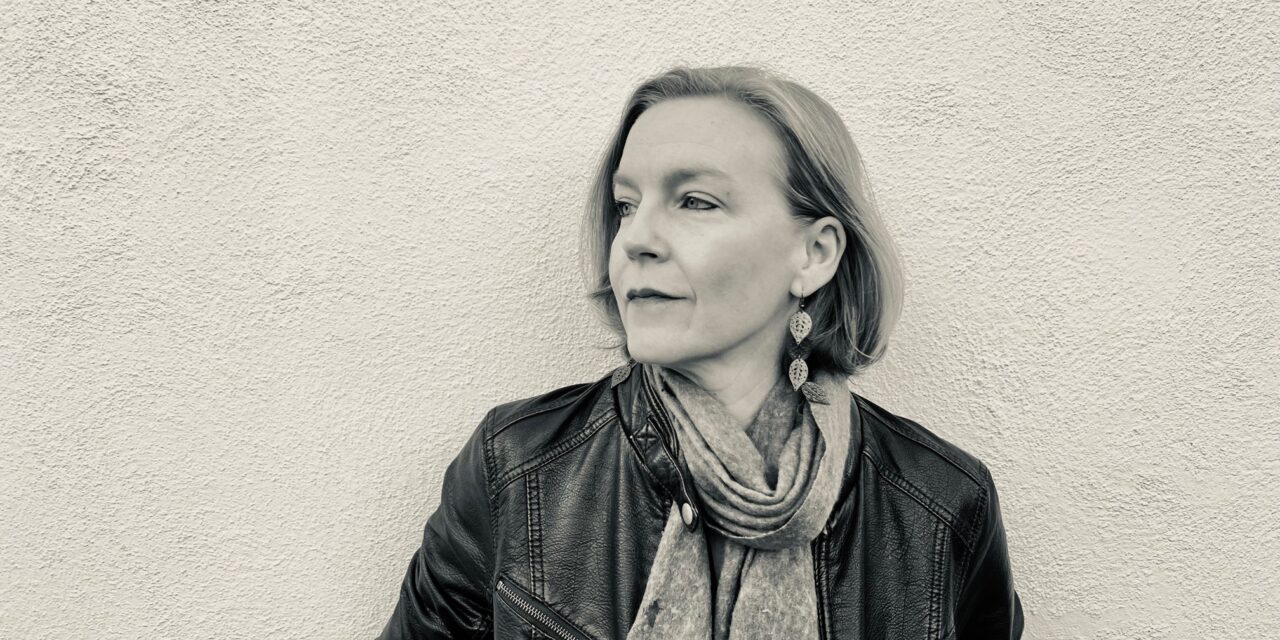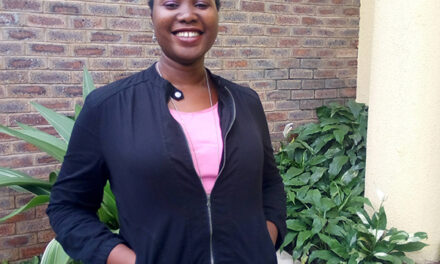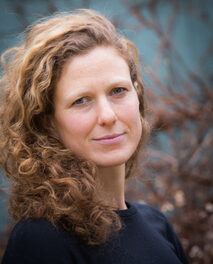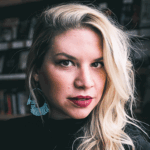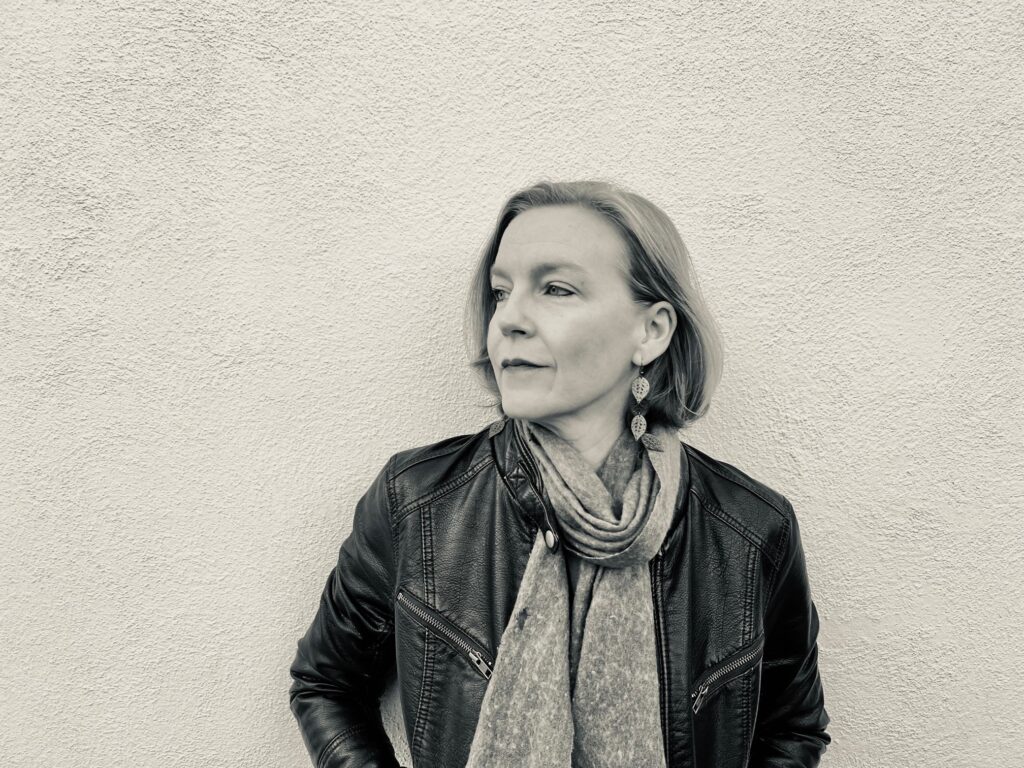
Associate Editor Taylor Byas: The suspense of Leslie Parry’s story unravels slowly, lavishly, like a red carpet being rolled out. Through her cinematic attentiveness to all of the signs of a crumbling, abusive marriage, Parry forces us to also recognize the wife and children’s dangerous situation. And her brilliant use of the second person POV locks us into marriage, into the hair-raising moment of escape.
Ends Meet
You make out voices on the patio as you put the children to bed—your husband and his brothers drinking beer, talking about the nun at Sunday school who used to play the Autoharp. You make sure the kids, tucked into unfamiliar sheets that smell faintly of their grandmother’s cigarettes, don’t stir. You make a little noise in your throat—nights are tough—but you’ve learned to fill the days here. You make the drive up 41 to see the old dikes (ruins now, overgrown with grass) that used to hold tanks of molasses. You make a cake for your husband’s birthday; you make an appointment for the doctor when you get back home. You make a trip to the cornfield because the stalks are so high, but you have to be sneaky since it’s technically Uncle Pat’s land and he’s been squabbling with your in-laws. (You make sure your son’s Pikachu shirt is turned inside out so the donkey across the road, who hates the sight of yellow, won’t give you away.) You make yourself scarce at night, folding laundry by the box fan while the children sleep, and outside the brothers are talking about the time they found an old musket half-buried in the quarry; about Shorty Gegnan, who used to pay them a dollar to spy on her husband at the laundromat; about the Osler twins who died out on Infirmary Road when their car overturned in the snow. You make speeches in your head as you lie in the dark. You make the mistake of asking his mother if she worries about the drinking. You make sure, when the children wake up early, that they tiptoe downstairs and let everyone sleep. You make nice with his family, even when you feel like the governess, ushering your charges out to the yard to hit Wiffle balls and look for cardinals. You make a run for it when the sky goes dark, waiting out the storm in the rental car, where at least you don’t have to whisper. You make a plan to get away, an hour to the city, to the crisp, refrigerated air of a museum. You make do anyway, boxed in by the brothers’ trucks, watching the rain fall over the bean fields: All this used to be swamp, you tell the kids, and then you think of their little bodies, still rosy from swinging the plastic bat, how they’d come from bodies that had stood waist-deep in the mud (shoveling, shoveling, radiant, malarial), lashing cords of wood together to make a road out—and your son asks How did they get unstuck? and you don’t really know.You make the best of it, watching as they color quietly in the back seat, listening to the sound of church bells through the thunder—down on the green where the nun is now buried with her zither, the root of an old wetland tree knitting itself to the string. You made art once too.
Leslie Parry is the recipient of an O. Henry Award and a fellowship from the National Endowment for the Arts. Her novel Church of Marvels was published by Ecco in 2015.

